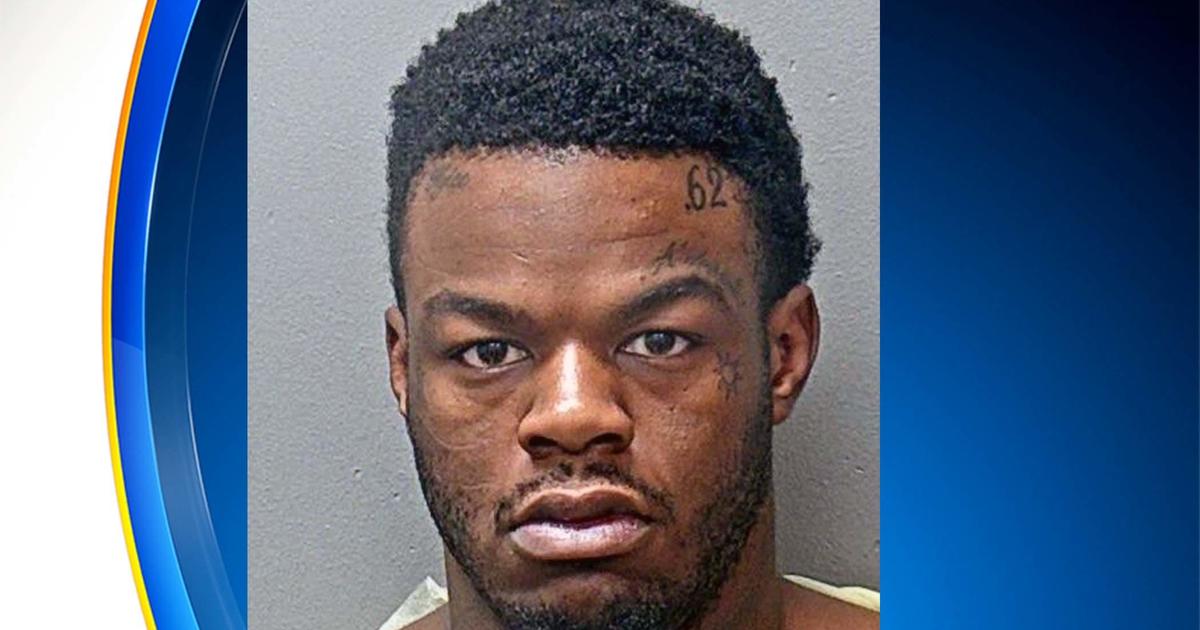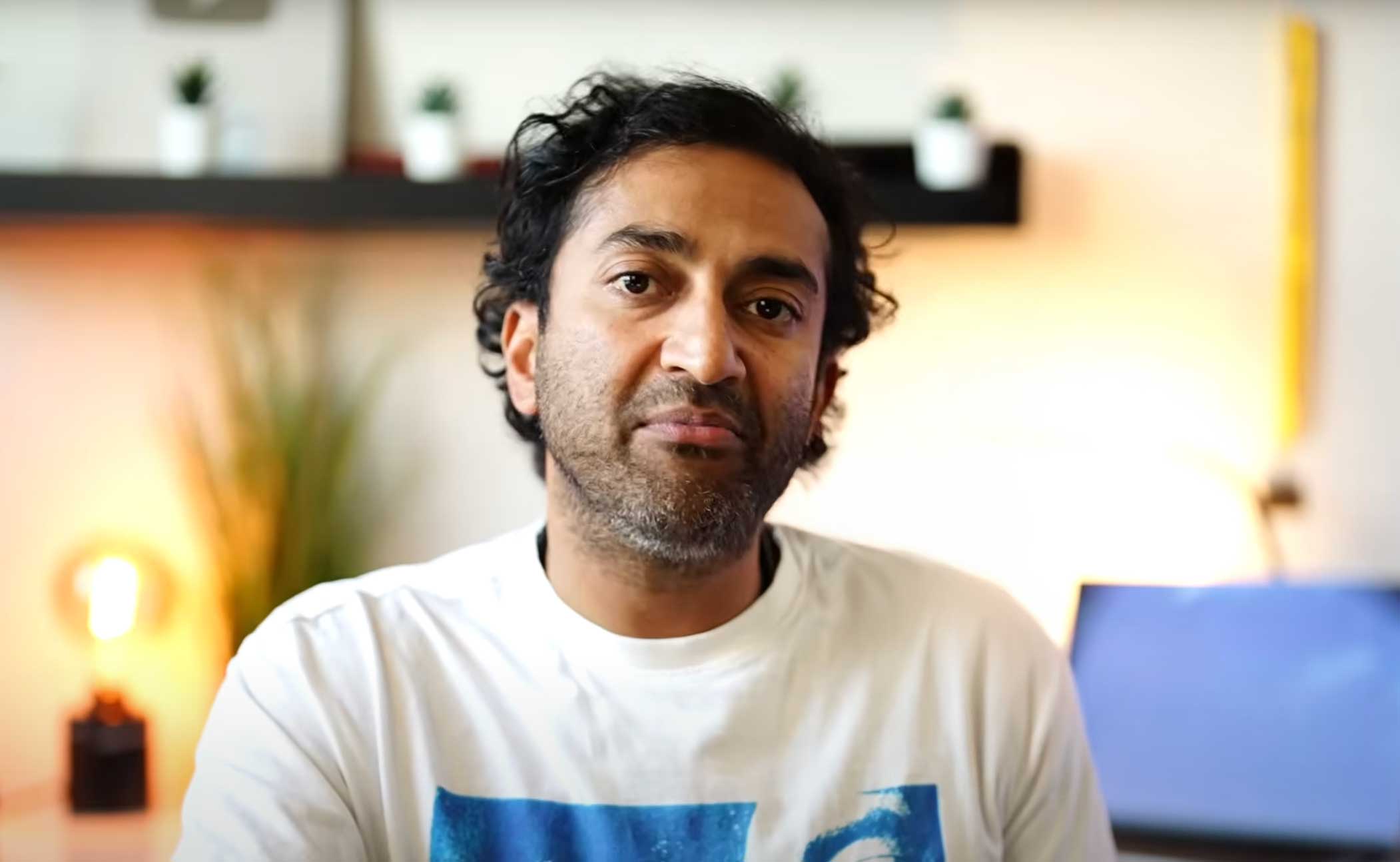Fauci says it is "inexplicable" some Americans aren't getting vaccinated despite data
Washington — Dr. Anthony Fauci, chief medical adviser to President Biden, said Sunday it's "almost inexplicable" that some Americans continue to resist getting vaccinated against COVID-19 despite information showing those who have not received their shots are at a higher risk of becoming infected, especially as the Delta variant spreads.
"It is almost inexplicable why people, when they see the data in front of them, that they don't get vaccinated," Fauci said in an interview with "Face the Nation."
Nearly 68% of American adults have received at least one dose of the COVID-19 vaccine, according to the Centers for Disease Control and Prevention, but new coronavirus infections and hospitalizations have begun to tick up as the new Delta variant has become the dominant strain of the coronavirus in the U.S.
Dr. Rochelle Walensky, head of the Centers for Disease Control and Prevention (CDC), said Thursday the latest data reveals "two truths" about the state of the pandemic in the nation: Where vaccination rates are high, cases, hospitalizations and deaths remain low and in areas with low vaccination rates, those numbers are increasing.
Fauci, the director of the National Institute of Allergy and Infectious Diseases, warned Sunday that the Delta variant is transmitted "much more easily and readily and efficiently" than other coronavirus variants and said 99.5% of all deaths due to COVID-19 are in unvaccinated people.
"You're talking about something that's life-saving," he said about the vaccines. "The idea of why some people, for whatever reasons, and we know some of them are ideological, we know when you look geographically in the situations where you have under-vaccinated states where you have 30% or less of the people vaccinated, we've really got to get beyond that and we've got to put those kinds of differences aside and say this is a public health issue."
Fauci called it "very, very frustrating" that some Americans won't get their shots despite data showing the risk of infection is low for those who are inoculated. But the landscape in the U.S., he said, underscores the need for "trusted messengers" like family physicians, faith and community leaders, and sports figures to explain to people the importance of getting vaccinated.
"We have more vaccines in this country than we know what to do with, everybody and anybody can get vaccinated, and we have people throughout the world who would do anything to get vaccinated because they appreciate the importance of safeguarding their health," he said.
While the Biden administration continues with its campaigns to boost vaccination rates in areas of the country where they remain low, Pfizer, which has developed one of the two-dose vaccines being administered in the U.S., said Thursday it plans to request an emergency use authorization from the Food and Drug Administration (FDA) for a booster shot in the coming weeks after evidence shows immunity diminishes from the vaccine.
But the FDA and CDC said in a joint statement that Americans who have been fully vaccinated don't need a booster shot "at this time."
Fauci said it's "entirely conceivable, maybe likely" that at some point people will need boosters, though whether they do could depend on factors such as age or underlying conditions. But any recommendation on booster shots will come from the federal health agencies based on data from laboratory and clinical studies, he said.
"Right now, we are preparing full throttle for doing boosters if we need them," Fauci said.



